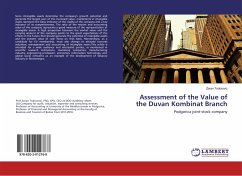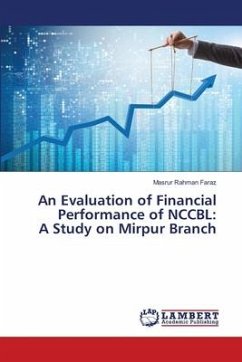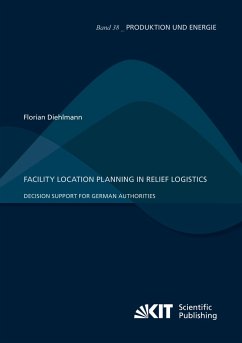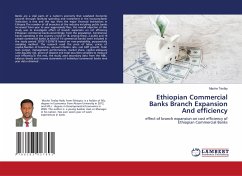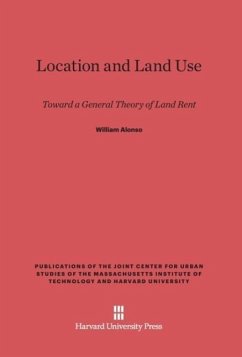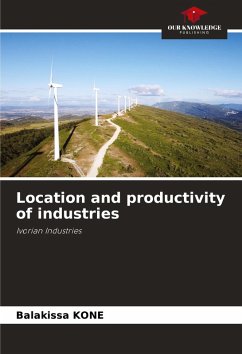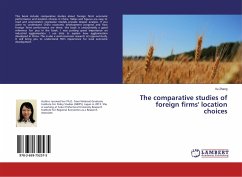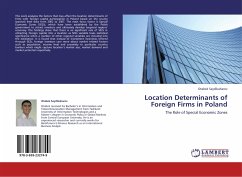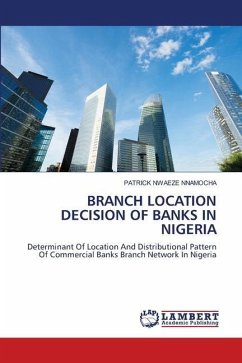
BRANCH LOCATION DECISION OF BANKS IN NIGERIA
Determinant Of Location And Distributional Pattern Of Commercial Banks Branch Network In Nigeria
Versandkostenfrei!
Versandfertig in 6-10 Tagen
40,99 €
inkl. MwSt.

PAYBACK Punkte
20 °P sammeln!
In developing countries, the lack of adequate institutions to channel the existing or latent surplus into productive investment seems to be the major problem affecting capital formation. It is not so much the shortage of funds alone. This function of channeling of funds falls more on the commercial banks. In Nigeria, these commercial banks are few in number relative to the population. More over the distribution of their branches is highly uneven. In some States, the number of branches is ten or more times the number in others. Within States too the distribution of branches is biased in favour ...
In developing countries, the lack of adequate institutions to channel the existing or latent surplus into productive investment seems to be the major problem affecting capital formation. It is not so much the shortage of funds alone. This function of channeling of funds falls more on the commercial banks. In Nigeria, these commercial banks are few in number relative to the population. More over the distribution of their branches is highly uneven. In some States, the number of branches is ten or more times the number in others. Within States too the distribution of branches is biased in favour of urban centers and against rural areas. This work has attempted to study the determinants of location and distributional pattern of commercial banks branch network in Nigeria. Firstly we reviewed location theories and developed a framework for analysis. On the framework, we tested how much the location and distributional pattern of commercial banks have approximated these theories. The theory suggested that branch network. Concentration should tally with population concentration. Population density is used as a surrogate for population concentration while bank density and branches.



